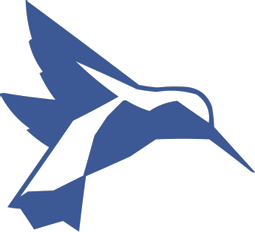Watch Our Webinars
Storytelling in Sri Lanka with Sanka
Sanka Wijeyakulasuriya, our Sri Lanka Country Director, is joined by Nat from Travel Counsellors, to share his insight on Sri Lanka and all it has to offer!
Surfing & Marine Life in the Maldives
In this Australian market-targeted webinar we focus on the amazing Kuda Villingili located in North Male Atoll, one of the best spots for surfing in the Maldives. We also delve into some itinerary-based trip options, including a cultural tour around the city of Male, and combining a surfing stay in North Male Atoll with a marine-life stay in some of the outer atolls.
Juho’s Deep Dive on Alphonse Island | An Untouched Tropical Paradise
Alphonse Island is part of the Seychelles, an archipelago in the Indian Ocean, and is renowned for its pristine beauty, rich marine biodiversity, and commitment to conservation. It is located approximately 400 kilometres southwest of Mahé, the main island of Seychelles, and forms part of the Alphonse Group, which includes Bijoutier and St. François atolls.
Spotlight on Seychelles: Raffles Praslin & Waldorf Astoria Platte Island
Please join us as we are delve into all things Seychelles with presentations from top properties Raffles Praslin and the new Waldorf Astoria Platte Island. We will have Sasha from Canopy talking about Raffles' USPs and Thomas the Director of Sales talking about Waldorf Astoria's USPs.
A Virtual Showcase: Huvafen Fushi, Baros and Milaidhoo Maldives
In this webinar we learn more about three iconic properties in the Maldives: the legendary Huvafen Fushi, the beautiful Baros and the stunning Milaidhoo, which are all Hummingbird favourites and continue to be top sellers year-round.
Our Team's Top Tips: Best House Reefs in The Maldives
Please join us this week as we launch our new webinar series 'Our Team's Top Tips', kicking things off with Best House Reefs. A few of our key reservations team members will be presenting their favourites and why, so it will be a great opportunity to learn a bit more on these amazing products in the Maldives but also to put some faces to names!


